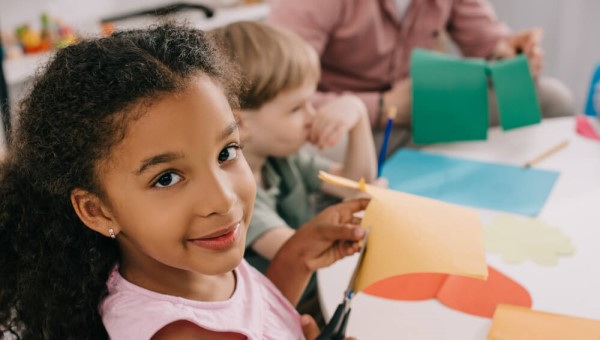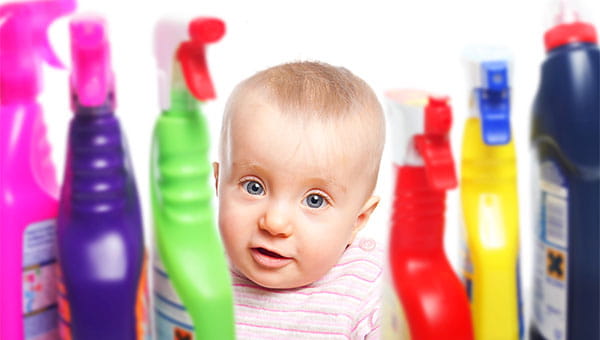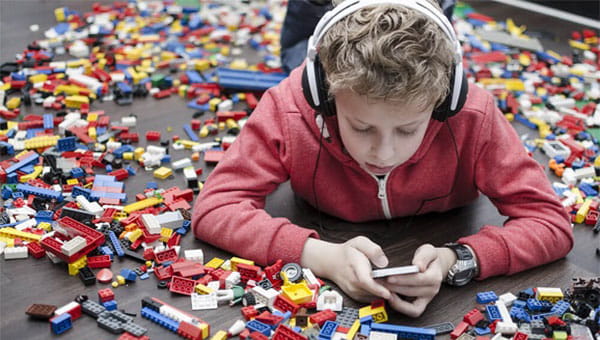Your preschooler has grown and developed in so many areas that it may be hard to believe that he or she was “just” a toddler a few months ago! While potty training and talking in complete sentences may be the first milestones you think of, preschoolers are emerging into a whole new world of physical and thinking skills that just weren’t possible in the toddler months.
“Big muscle” milestones
Keep an eye out for lots of new skills that use the big muscle groups (those in the arms and legs), like:
- Hopping with both feet off the ground
- Standing on one foot for a few seconds
- Throwing a ball overhand
- Kicking a ball forward
- Catching a ball that’s bounced to them
- Walking (or other types of movement) both forward and backward
Small movement milestones
Here are some of the fine motor skills (with the fingers and hands) you’ll probably see in the next several months:
- Cutting with scissors
- Drawing smoothly, with shapes you can recognize (like circles or squares)
- Drawing a face with eyes and a mouth, or a person with at least a head and arms/legs
- Tracing or copying capital letters
Language and cognitive milestones
Using and understanding language goes hand-in-hand with new cognitive (thinking) skills, which will develop quickly. Watch for your child to start:
- Speaking in five- to six-word sentences
- Using basic grammar correctly
- Speaking clearly enough for strangers to understand most of the words
- Telling stories (both real events and make-believe)
- Naming shapes, colors, numbers and letters
- Understanding what numbers mean and how to count
Social milestones
As their thinking skills develop, preschoolers begin to realize that they’re individual people, and so are others around them. Look for new skills and abilities like:
- Becoming more independent
- Dressing and undressing
- Cooperating and sharing with others
- Using more imagination in play and thinking, mixing up fantasy and reality, inventing “scary monsters”
Remember that all children develop at their own pace, and if your child seems behind in one area, it often just means that he or she is working hard on a different area. If you have any concerns, talk with your pediatrician about ways to recognize the warning signs of a developmental delay.



